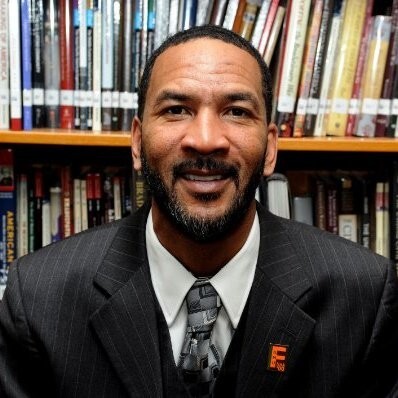
Even after heroic efforts by educators to continue teaching students remotely, in person, or via a hybrid learning model, many learners have fallen behind. Now, with the continued, pandemic-driven disruption of learning for K-12 students, getting them on grade level is an urgent need for many districts.
Students most impacted include those who were underserved before the pandemic, including those from low-income families who don’t have the technology, are enrolled in special education, or are English language learners or emergent bilinguals. These and other students would benefit greatly from high-impact tutoring, which, according to the Annenberg Institute for School Reform at Brown University, “leads to substantial learning gains for students by supplementing (but not replacing) students’ classroom experiences.”
The Institute also says that high-impact tutoring responds to individual needs and complements students’ existing curriculum, making it a viable solution for students who fell behind during the pandemic and/or trying to regain their footing at grade level.
10 questions to ask
Frequent tutoring is one of the best ways to support students’ academic progress. It impacts student learning more than other factors, such as teacher training, curriculum, extending the school day, or teacher evaluations. Here are 10 questions to ask your prospective tutoring partner:
- Is the program customized to our students’ needs? The right tutoring provider tailors their program to the needs of your district and also to individual students.
- Is it ESSA compliant? ESSA research- and evidence-based intervention is designed to accelerate learning outcomes for academic gains.
- What’s the tutoring frequency? Tutoring takes place during three or more sessions per week, not just once a week or for less than 30 minutes at a time. It also should not be optional.
- Is it data-driven? A high-impact tutoring partner should conduct formative assessments and progress monitoring, which allows educators to make instructional decisions in real-time.
- Does the program offer 1:1 instruction? Live 1:1 online scheduled tutoring sessions that support individualized student needs are the best way to conduct tutoring (groups should never be larger than 3:1).
- Are the tutors experienced? Your partner should offer a wide variety of experienced tutors who can successfully improve student outcomes if they receive adequate training and support.
- What’s the focus and structure? Tutoring partners should structure a student’s individualized personal learning plan to align with the curriculum, learning standards, and district’s instructional goals.
- How is student progress measured? To follow student progress, partners should use data and ongoing informal assessments to allow tutors to individualize instruction for each student.
- Does the partner offer high-quality materials? High-quality instructional materials that are aligned to classroom content allow tutors to reinforce and support teachers’ instruction.
- How is the tutoring delivered? There is emerging evidence for effective virtual tutoring. It also gives students, instructors, and districts more flexibility when it comes to offering tutoring.
The quickest route to success
Choosing a tutoring program that has proven effective, is based on rigorous research, aligns with the curriculum, and incorporates best practices for effective 1:1 tutoring is of greater importance now than it ever has been. Students have lost ground during the last 19 months, and high-impact tutoring supported by the right partner gets them back to grade-level work as quickly as possible.
Dr. Mark King is Executive Director of the Community Learning Network #6 (CLN-6) in Baltimore, Maryland.
More from DA









